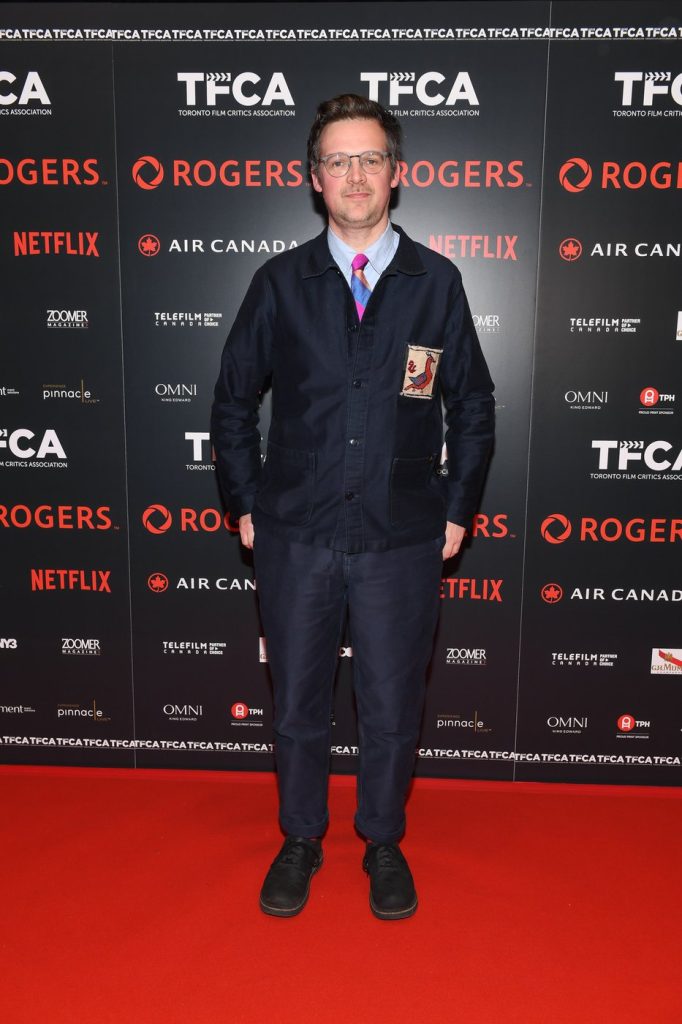Matthew Rankin, the director of the film "Universal Language," is currently channeling his creative energy into two new projects. One of these films delves into Canada's conservative legacy, while the other focuses on Esperanto, widely regarded as the world's most famous constructed language. As a Winnipeg native, Rankin is enthusiastic about exploring these themes, especially given the current climate surrounding conservatism in Canada.
In his upcoming experimental collage film, Rankin seeks to recount the history of the Progressive Conservative Party of Canada through an array of archival materials. This includes old television commercials, public service announcements, and instructional films. Rankin is particularly interested in the evolution of the party, driven by a preoccupation with what he describes as Canada's "reckoning" with its conservative roots.
In collaboration with "Universal Language" co-writer Ila Firouzabadi, Rankin is also developing a docu-fiction film titled "Congresso." This project aims to explore Esperanto and builds upon the themes presented in "Universal Language," which envisioned an absurdist version of Canada where French and Farsi are the two official languages. Notably, "Universal Language" has received significant acclaim, leading all contenders at the upcoming Canadian Screen Awards with 13 nominations, including best film, best directing, and best original screenplay.
Rankin began filming "Congresso" during the 2022 World Esperanto Congress, held in Montreal. He humorously acknowledges that both Esperanto and progressive conservatism may not attract mainstream audiences. "I don’t know what kind of audience there exists for that," he laughs, expressing curiosity over the reception of these projects. He emphasizes that his creative pursuits are driven by passion rather than commercial viability, stating that if the films only play at niche events, such as the Oakville Creativity Festival, he would still be satisfied.
Regarding his untitled film exploring conservatism, Rankin says he is following his instinct in addressing the complexities and various shades of the subject. He acknowledges that conservatism is a topic that many people are currently grappling with, particularly in light of trade tensions with the United States and provocative statements from former U.S. President Donald Trump about Canada possibly becoming the 51st state. Rankin believes it's vital for Canadians to reflect on their citizenship and what it entails. He mentions a worrying trend of public disinterest in democratic engagement, where people are increasingly withdrawn from societal responsibilities and civic participation.
"It’s really good that people ask these questions because people don’t even vote anymore,” Rankin points out. He critiques what he sees as a drift toward a "disposable culture" and a self-serving mentality, where individuals neglect communal responsibilities. “Why should I pay for your chemotherapy, your employment insurance, your health care, your experimental animation? I don’t use any of that. That’s your problem," he reflects, articulating a growing individualism in society.
Rankin draws inspiration from renowned U.S. documentary filmmakers Adam Curtis and Brett Morgen, whom he regards as masters of the experimental collage format. His aim is to complete his exploration of conservatism by next year. Despite his concerns, Rankin expresses appreciation for Canada's funding of universal healthcare and support for the arts but worries that a growing number of Canadians are adopting a mindset characterized by apathy toward their neighbors. He concludes with important food for thought: "What does our citizenship mean if we don’t want to be a 51st state? I think these are good questions to ask, and they are questions that culture must confront.”










